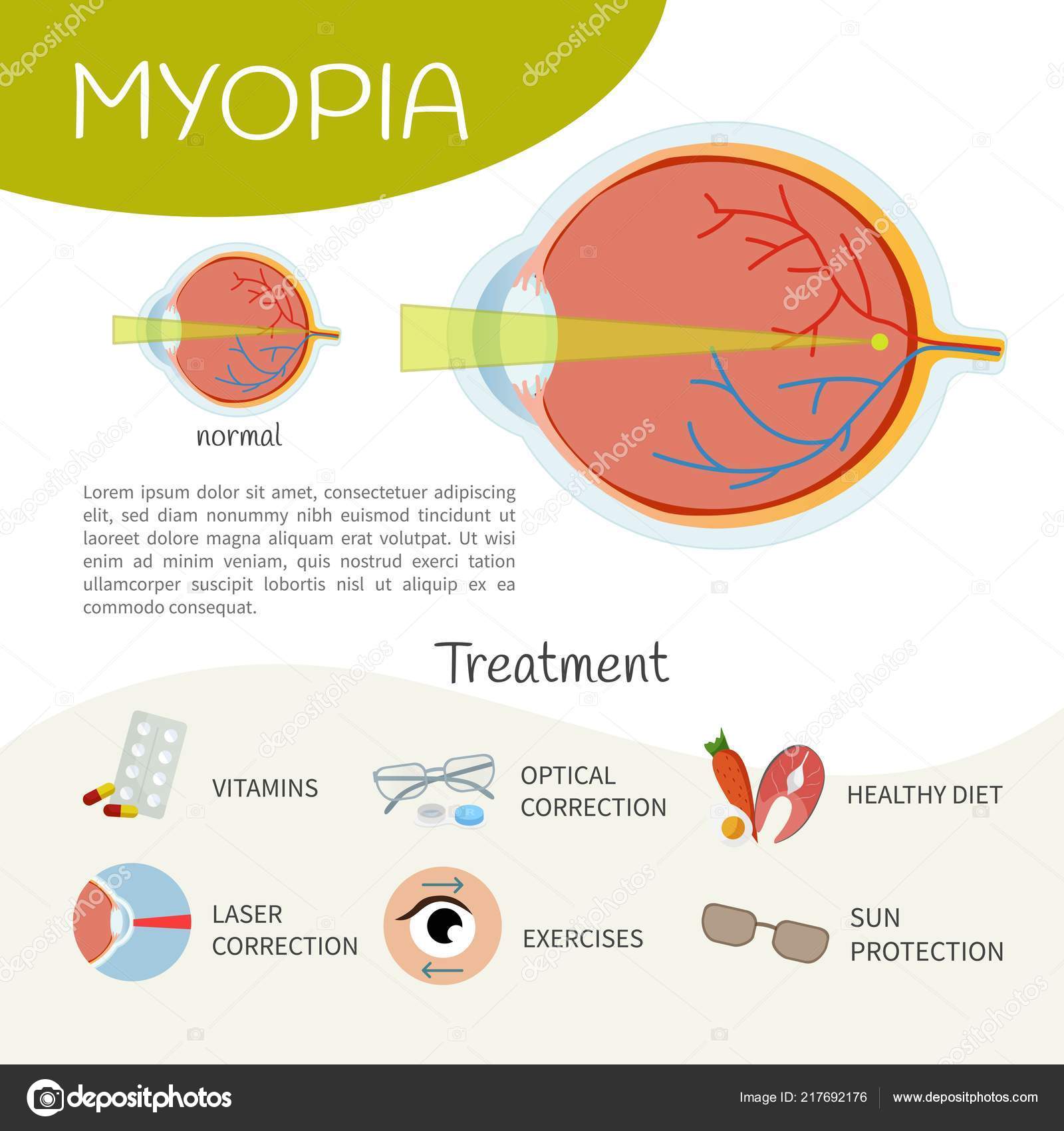Taking Into Consideration SMILE Surgical Treatment? Uncover Substantial Factors To Consider And Understandings To Sustain You In Making A Wise Option About Your Vision In Advance
Taking Into Consideration SMILE Surgical Treatment? Uncover Substantial Factors To Consider And Understandings To Sustain You In Making A Wise Option About Your Vision In Advance
Blog Article
Produced By-Mullen Reece
If you're pondering SMILE eye surgery, consider this: are you prepared to welcome potential visual liberty, or does the thought of any kind of dangers make you wait? Your choice will rest on a cautious equilibrium of weighing the advantages versus the uncertainties. It's critical to dive deeper right into the nuances of SMILE surgical treatment to make an informed option that straightens with your aesthetic objectives.
Comprehending SMILE Eye Surgical Treatment
When considering SMILE Eye Surgical treatment, it is necessary to recognize the treatment and its benefits. SMILE, which stands for Little Cut Lenticule Removal, is a minimally invasive laser eye surgical procedure that corrects usual vision troubles like myopia (nearsightedness).
During the treatment, your eye doctor will use a femtosecond laser to develop a small cut in your cornea. With this laceration, a little disc of cells called a lenticule is gotten rid of, improving the cornea and remedying your vision.
Among the key advantages of SMILE Eye Surgery is its quick healing time. Several patients experience improved vision within a day or 2 after the procedure, with minimal discomfort.
In addition, SMILE is recognized for its high success rate in supplying lasting vision improvement. Unlike Cataract Surgery Laser Vs Traditional , SMILE doesn't need the development of a flap in the cornea, reducing the risk of issues and enabling an extra steady corneal structure post-surgery.
Understanding the treatment and its advantages is vital when taking into consideration SMILE Eye Surgical treatment for vision correction.
Benefits and drawbacks of SMILE
Taking Into Consideration SMILE Eye Surgical procedure for vision modification features different benefits and prospective drawbacks.
One of the main pros of SMILE is its minimally intrusive nature, as it entails a small cut and usually results in fast recuperation times. The treatment is also understood for causing very little discomfort and completely dry eye signs and symptoms post-surgery compared to other vision improvement methods. In addition, SMILE has been shown to provide exceptional aesthetic outcomes, with numerous clients achieving 20/20 vision or far better.
On the other hand, a possible disadvantage of SMILE is that it might not be suitable for people with severe refractive errors, as the therapy range is rather minimal compared to LASIK. An additional consideration is that the discovering contour for cosmetic surgeons applying SMILE can impact the availability of knowledgeable providers in specific locations.
It's important to evaluate these pros and cons carefully when determining if SMILE is the appropriate option for your vision improvement needs.
Determining Qualification for SMILE
To establish if you're qualified for SMILE eye surgery, your ophthalmologist will conduct a detailed evaluation of your eye wellness and vision needs. During this assessment, aspects such as the stability of your vision prescription, the thickness of your cornea, and the overall health of your eyes will certainly be analyzed.
Usually, Laser Cataract Surgery Raleigh for SMILE are over 22 years of ages, have a stable vision prescription for at the very least a year, and have healthy and balanced corneas without conditions like keratoconus.
Your eye doctor will certainly also consider your general eye health and wellness, any type of existing eye conditions, and your way of living requires to determine if SMILE is the ideal selection for you. It's necessary to connect any type of certain aesthetic demands or issues you might have throughout this assessment to ensure that the treatment lines up with your expectations.
If you aren't eligible for SMILE, your ophthalmologist may suggest alternate vision adjustment options that much better match your individual demands and eye wellness status.
Conclusion
Inevitably, choosing whether SMILE eye surgical treatment is right for you calls for careful consideration of your specific eye health and aesthetic demands. Talk to your optometrist to establish your qualification for the procedure and consider the possible benefits and downsides. Remember to connect any problems or concerns you may have during the examination procedure to make an informed decision about your vision modification alternatives.
